Quraishi: Master of the Afghan Rabab
His music is a rare and vital link between the rich tradition of classical Afghan court music and the future of Afghanistan’s musical identity. Quraishi’s mastery of the Afghan Rabab has become legendary both here and in his native hometown. (The Rabab is a short-necked lute with roots that have been traced back to at least the 8th century B.C.)
Quraishi came to the instrument as many had before him every day as a child, he observed his father playing the Rabab. He was captivated by the beauty and power, and inspired by the spirit of his father’s musical devotion, Quraishi set out to teach himself and to carry forward the tradition of his heritage. He deepened his understanding of traditional Afghan music by listening to villagers from his parents’ native region.
In Kabul, he also became well-versed in the folk styles and regional genres of the numerous ethnic groups, including the Pashtu, Uzbek and Tajik. Quraishi also steeped himself in the discipline and formalistic principles of the classical Hindustani music theory that constitute the foundation of Afghanistan’s art music.
When Quraishi arrived in New York in 1983, although he had planned to broaden his musical interest by studying western guitar, he made the decision to take his playing of Afghan’s national instrument to an even higher level, while also responding to the new world in which he was immersed.
Quraishi’s musical journey has taken him around the world, performing and contributing to soundtracks and other projects throughout Europe, North Africa, Japan, and the United States.
In “Beyond the Mirror,” he joined the first Afghan-American theatrical collaboration that expressed Afghan history and culture through music, dance and film. He also composed the musical score for “The Kite Runner” as well as many documentary films.


